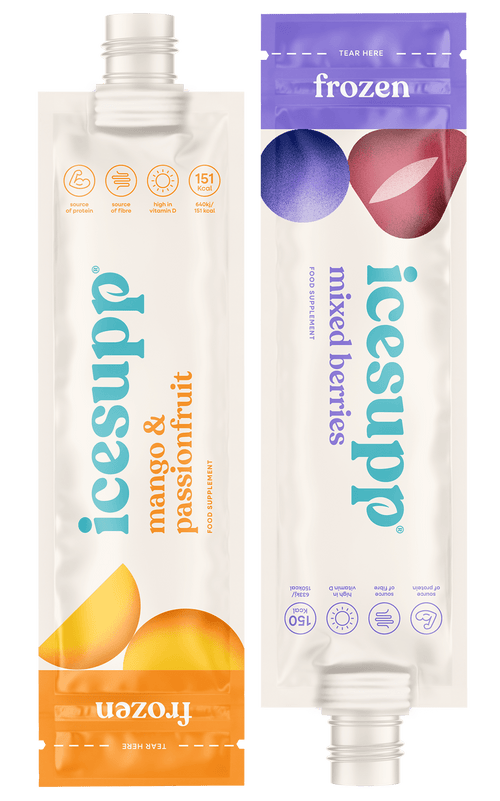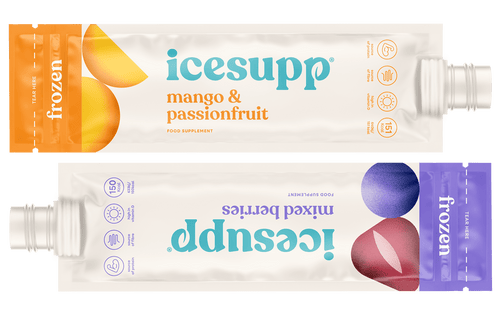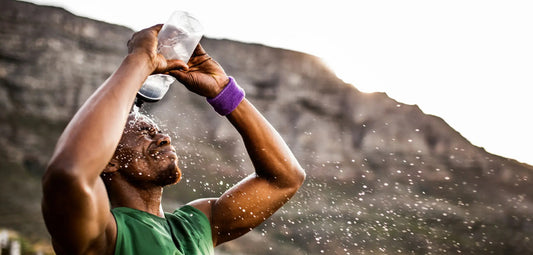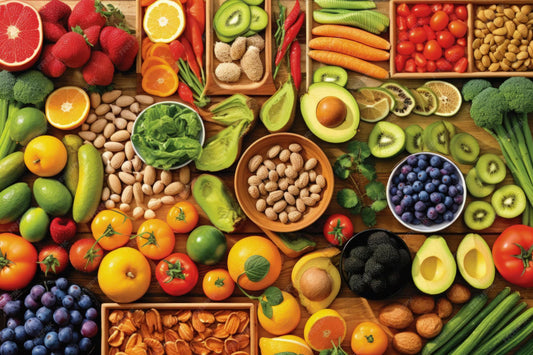Hydration is crucial for general wellbeing, and it can become even more important when you are undergoing treatments or trying to help your body heal.
Staying hydrated can be especially challenging for cancer patients due to side effects of treatment such as nausea and excessive sweating. If you can stay hydrated, it will aid digestion, boost energy levels, and help your body with the healing process. It can also help fight off symptoms of chronic dehydration such as dizziness, a dry mouth and high blood pressure.
Tips for cancer treatment hydration
Here are some of our top hydration tips!
1. Sip!
If you find it difficult to drink large quantities of water, then sipping is the way to go. Spreading when you are drinking your water throughout the day can help you stay hydrated and removes the discomfort of drinking lots at once. Sipping on water can also help to reduce feelings of nausea.
2. Add flavour to your water
You can try adding fresh fruits, ice cubes, or lemon, cucumber, or mint to make a drink more enjoyable. You can also try freezing your drinks using lolly moulds to soothe your mouth or throat if discomfort is what is making hydration tricky.
3. Try hydrating foods
If you simply can’t get through enough water, you can try to combine drinking water with some hydrating foods or nutrition alternatives! Eating foods with high water content can also help to keep you hydrated.
Here are a couple of foods with a high water content which may make all the difference:
- Watermelon is a refreshing and delicious option that is 92% water.
- Cucumber is 96% water.
- Strawberries are a sweet and juicy 91% water.
- Tomatoes are 94% water.
- Spinach is a leafy green that is 91% water.
Note: One thing to bear in mind is that foods with high water content are typically quite low calorie. We created icesupp for those who are trying to maintain weight during treatment and stay hydrated. Each icy portion is over 150 Kcal!
4. Limit caffeine and alcohol
When you’re trying to help your body heal with hydration, the last thing you want to do is have drinks that work against your efforts. Caffeine and alcohol both can dehydrate you and they’re often not recommended for those undergoing chemotherapy.
5. Set reminders!
For many people, a lack of hydration can come down to forgetting to drink, especially if you’re not feeling 100%.
There are apps designed to remind you to drink or you can set a few alarms on your phone. Either way, these little reminders can make a huge difference to your daily water consumption and overall hydration.
Plant based iced sorbet that is enriched with key vitamins, minerals and protein with a boost of quality calories – and most importantly, it’s tasty! Plant based iced sorbet that is enriched with key vitamins, minerals and protein with a boost of quality calories – and most importantly, it’s tasty!Get the nutrition your body needs


6. Try nutritional alternatives
Things like electrolyte drinks and even coconut water can help you to replace lost liquids, but they are often quite high in sugar.
There are better options that consider things like vitamins, calories and even the texture of what you're drinking.
We created a sorbet-like nutritional supplement designed specifically for those undergoing treatment who are struggling to eat and drink.
Learn more about the icesupp story.
7. Speak to your doctor
If you're experiencing severe dehydration or are finding it impossible to have enough fluids, speak to your doctor or consultant about it. They may be able to recommend treatments to help replenish lost fluids or offer advice or support.



